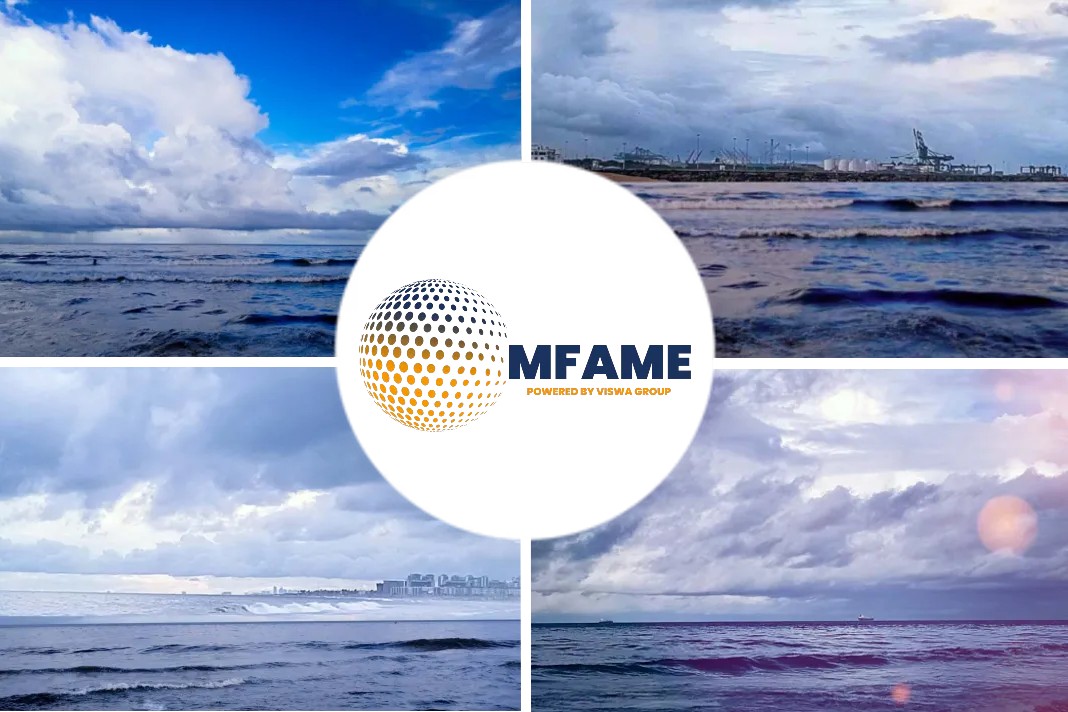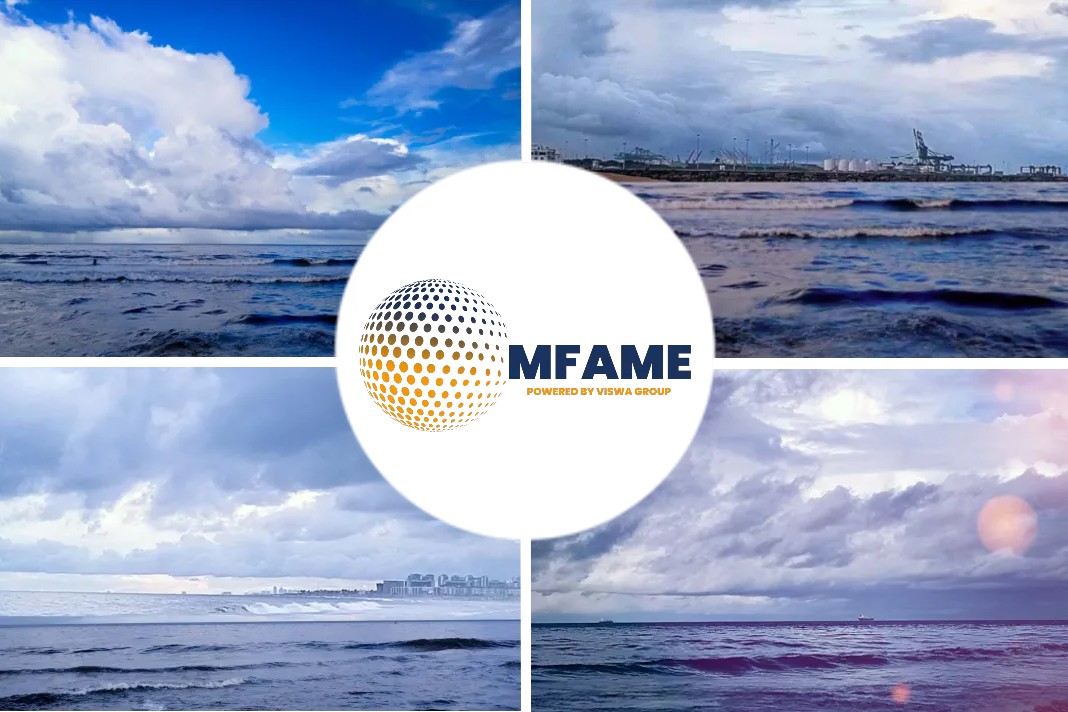Riveria’s Asian Sulfur Cap 2020 in Singapore reveals that the industry doesn’t really face a scrubber supply shortage. What densifies the pressure is the lack of time, which is again one of the chief problems in industries. On the second opening day of the conference, Stian Aakre (General Manager, Wartsila Moss) confirmed that there were no barriers to adoption as far as technology and regulation are concerned. Urging the owners to plan ahead, he added that there are nearly 2000 vessels with confirmed scrubber projects.
“There’s fewer problems with subsystems – the emissions monitoring is working. Clumsily framed IMO legislation around pH discharge has now been resolved. And IMO is working on a solution for uniformly addressing temporary non-compliance issues. Sludge handling issues linked with closed loop systems are being addressed. Port reception facilities are being developed and we’re getting there. Operational knowledge and experience is growing and the soundings from the IMO MEPC meeting is that the 2020 deadline is firmer than ever from IMO and EU perspectives.”
Advocating in favour of this statement, Ralf Jurgens, the Primarine Chief Technology Officer commented: the industry was living through “interesting, exciting, thrilling and challenging times – but capacity is not one of the challenges. Choose the right partners. Owners and suppliers. We survive if we co-operate honestly. Then we’ll have a win-win position.”
Choice of materials and issues pertaining to corrosion constitute a significant phase for the honest owner-supply co-operation, as elucidated by Kai Latun, the Vice President of Sales & Marketing.
“Scrubbers work. But scrubbers lead to increased pipework repairs due to corrosion. Discharge water from a scrubber is as acidic as Coca Cola! It’s below pH3 which means it is devastating for black and blank steels.”
In addition to the myth of Scrubber scarcity, Ken McClelland (Technical Director, Pacific Green Marine Technologies) took the responsibility of clearing out another popular misconception, i.e. open loop scrubbers have a limited shelf life. According to his speech, from an audience poll the day before it is evident that “the great majority have committed to open loop scrubbers”.
“A key reason is open loop systems are a hedge against a changing environmental regulation scene. Another poll confirmed that a majority of the audience believes we have not seen the end of regulation in the area. An open-hybrid system covers all the bases. You’ve future proofed your vessels. You’re not limited on your charter routes. Another consideration is the ease of installation, simplicity of operation and cost.”
Did you subscribe for our daily newsletter?
It’s Free! Click here to Subscribe!
Source: Passenger Ship Technology

























